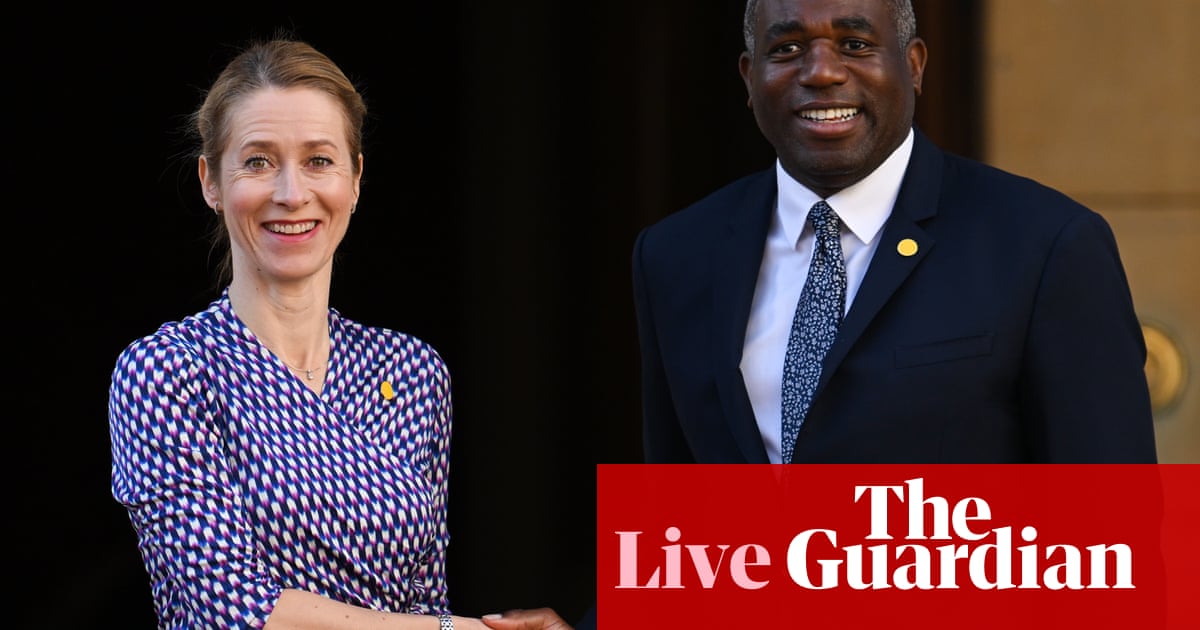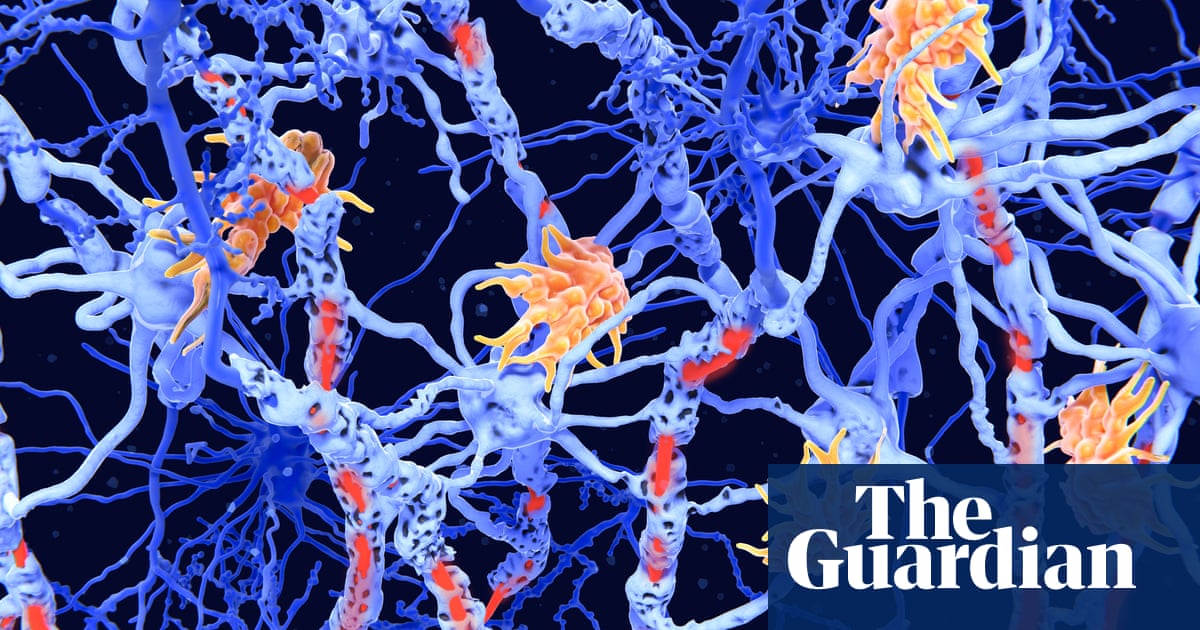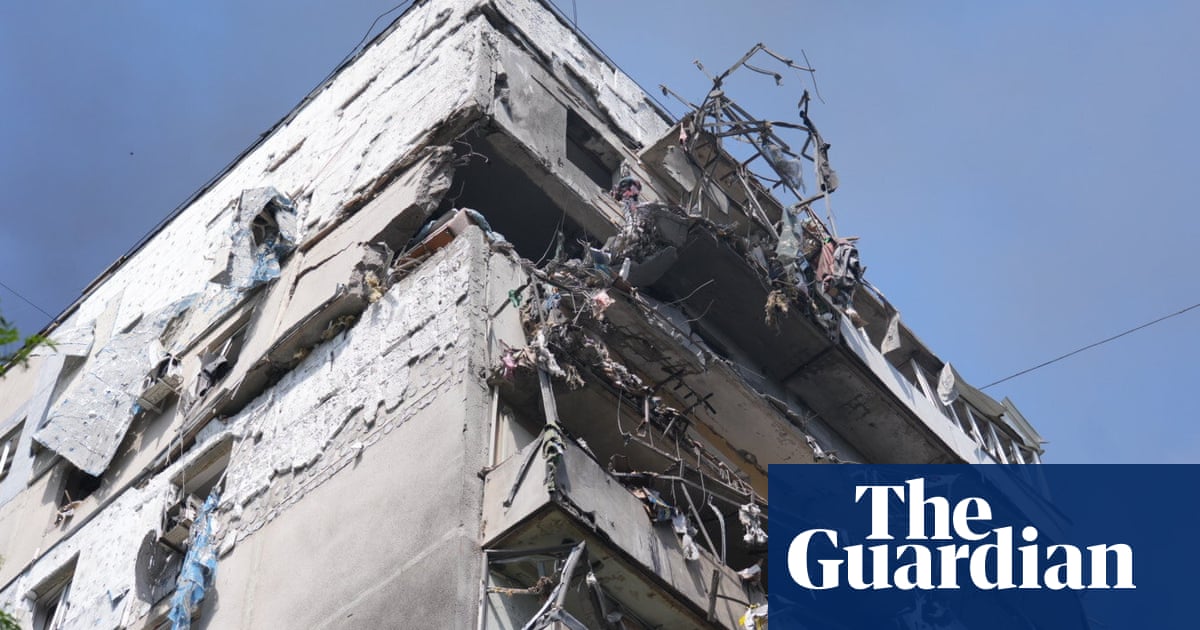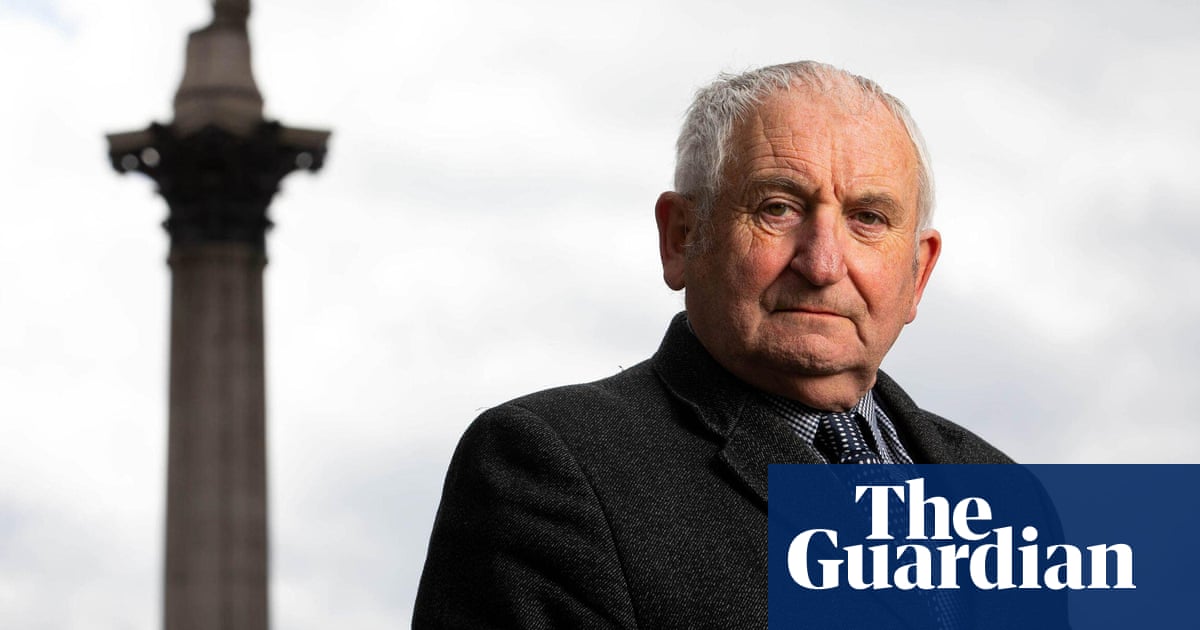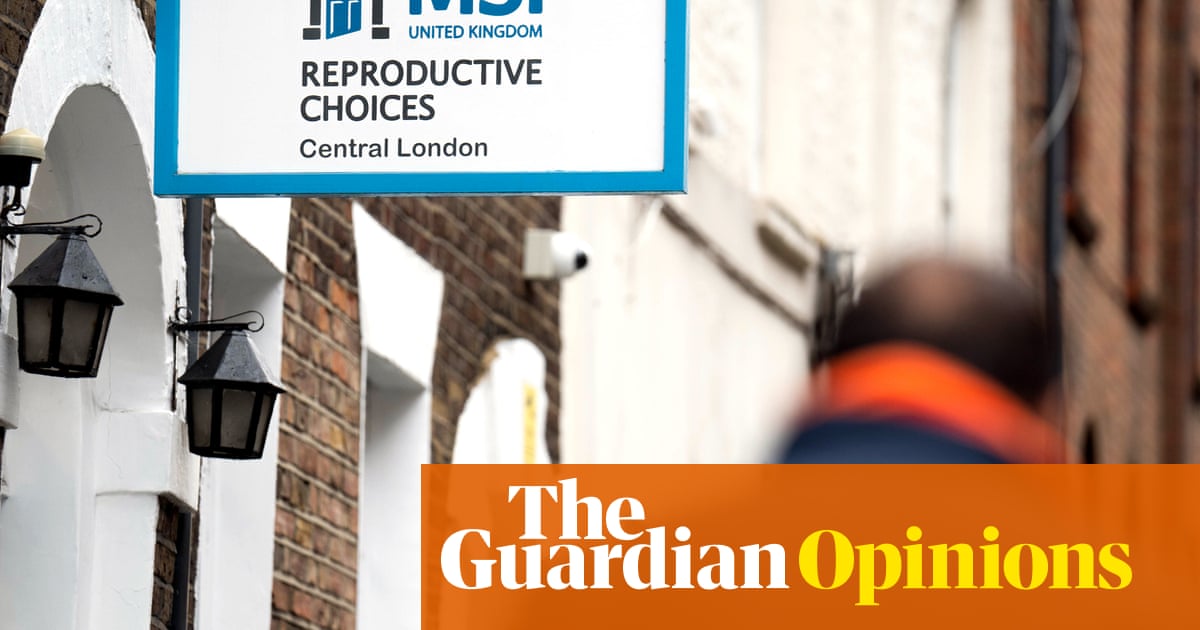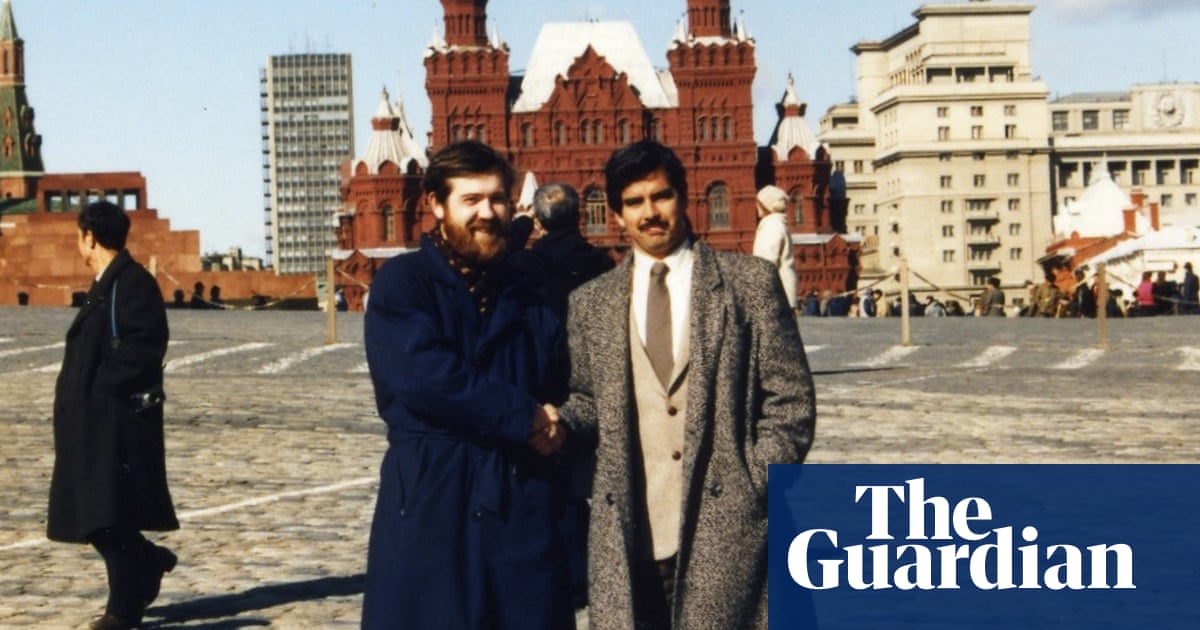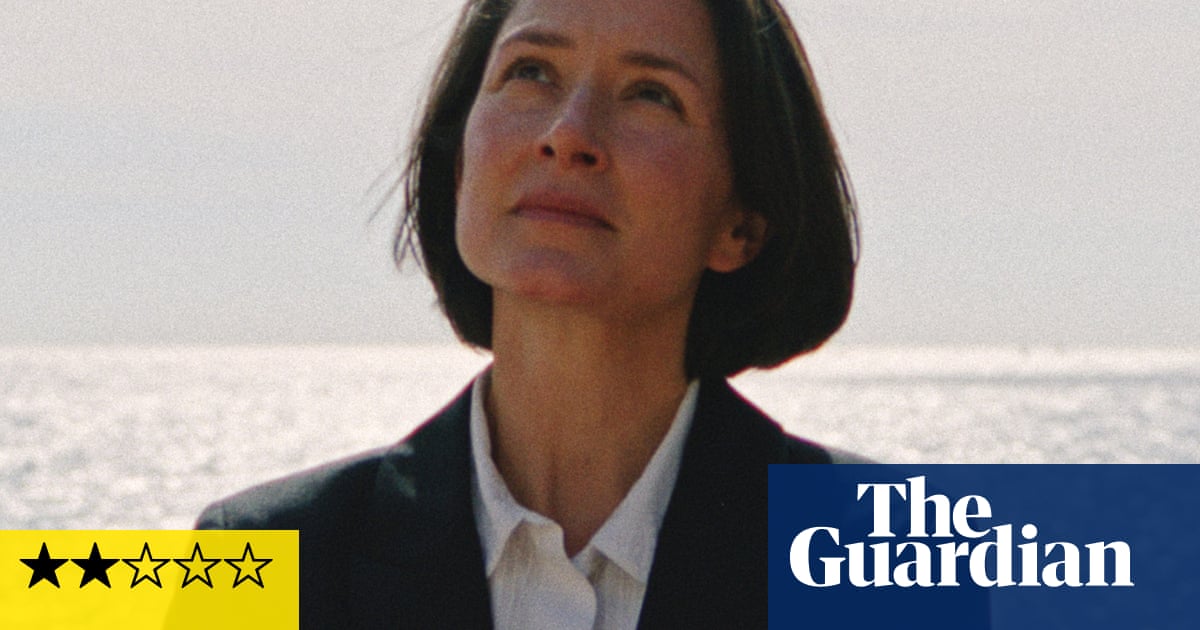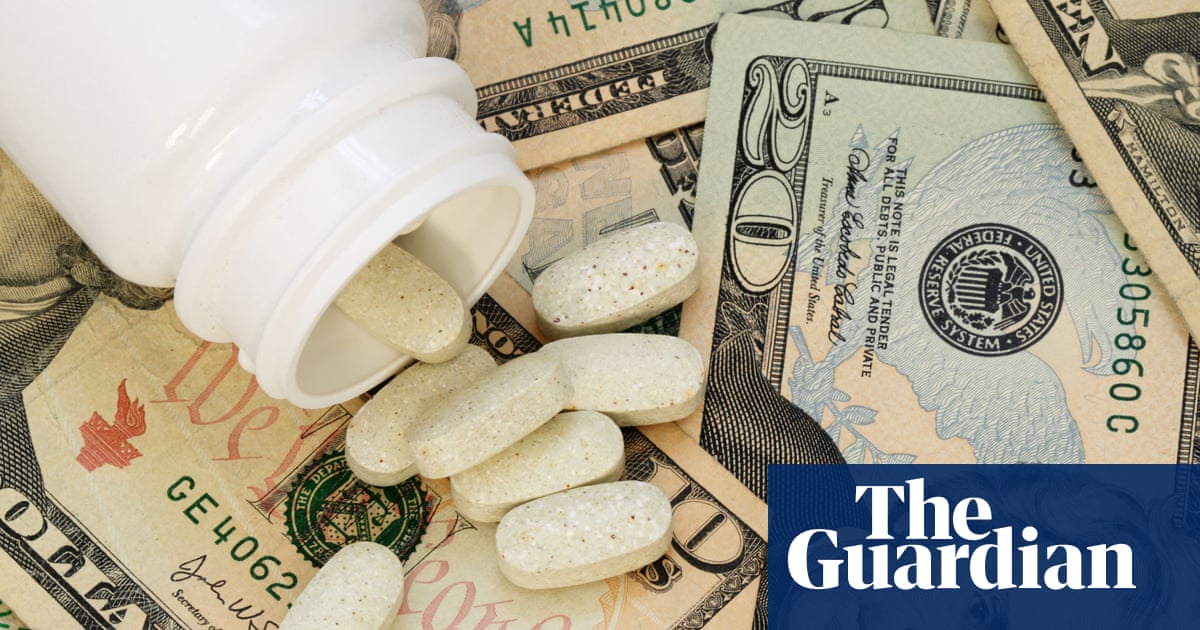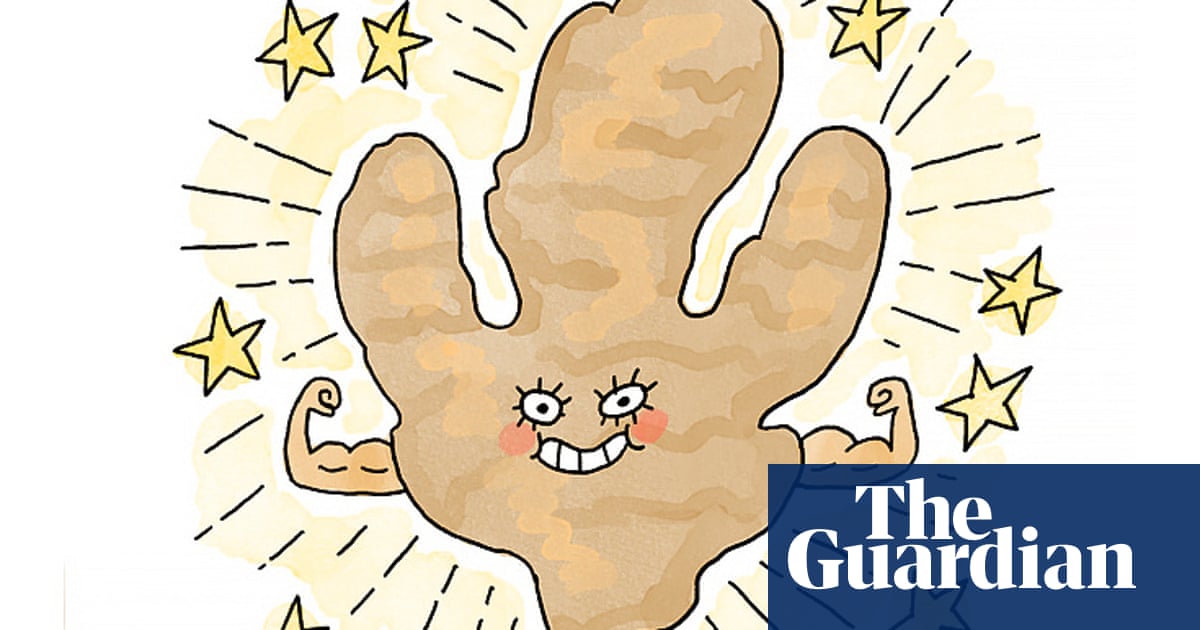Cranes are finally whirling over a long-blighted stretch of wasteland on the Athens Riviera, just 6 miles from the Acropolis, which has been a symbol of Greece’s rise, fall and rise again over the past two decades. Yet it remains to be seen whether the country’s latest economic spring will prove more durable than past spikes in its historical cycle of boom and bust.
The Ellinikon construction site, soon to feature luxury residences, the tallest apartment building and largest shopping mall in the country, two hotels, a marina, a resort complex and sports, recreational and cultural facilities, is an ambivalent symbol of peak Greece.
To the government of Kyriakos Mitsotakis, darling of the European centre-right, the development is emblematic of the new dynamism of the Greek economy and the country’s attractiveness as an investment location. To its critics, Ellinikon is just another luxury real-estate project built by oligarchs for the super-rich and foreigners, on public land bought for a steal, while ordinary Greeks continue to see their living standards stagnate and public services decline.
The 6.2 sq km Ellinikon site was home to the capital’s airport from the 1930s until 2001, when the gleaming, EU-subsidised Eleftherios Venizelos international airport opened to the east of the city in time for the spectacular 2004 Athens Olympic Games.
That was the last time Greece was on top of the world. The country had just joined the euro single currency – by fiddling the books, it later transpired – and a modernising socialist prime minister, Costas Simitis, was hailed as the Tony Blair of the southern Balkans. Greek was chic (remember the hit film My Big Fat Greek Wedding?). Tourism was booming. Even the national football team had become improbable European champions.
Fast forward a decade and Greece was at rock bottom after defaulting on its debt and enduring three EU-IMF bailout programmes that shrank the economy by 26% and imposed draconian austerity. The debt crisis erupted when it was revealed in 2009 that the country had massively understated its budget deficit. Bond markets panicked and stopped lending to Athens, forcing it to appeal to the EU for loans that came with harsh conditions.
The ensuing descent caused mass unemployment, widespread impoverishment and a brain drain of some 10% of the population. It also blew up the country’s politics, long dominated by the rival patronage systems of the conservative New Democracy and the socialist Pasok parties.
An anti-austerity government, led by the radical-left Syriza party, was elected in 2015 and won a referendum to reject the bailout terms, only to bow to the creditors’ conditions weeks later when faced with the alternative of ejection from the eurozone.
The so-called troika of the IMF, European Commission and European Central Bank forced Athens to raise money by selling off state assets, including the port of Piraeus to the Chinese national shipping company Cosco and the disused Ellinikon airport-to-nowhere to the only bidder at the time, a consortium led by the billionaire Spiros Latsis, who has sprawling banking, shipping, real-estate and oil interests.
Public protests, squatters and court challenges long prevented any development of the site, which had been due to be turned into a park before the debt crisis. The old terminal buildings had been used to house mostly Afghan refugees in squalid conditions during the 2015-16 migration crisis, as hundreds of thousands of asylum seekers poured into Greece across the Aegean Sea from Turkey. The makeshift refugee camp was eventually closed in 2017.
In 2023, builders finally broke ground on the Riviera Tower, a 50-floor beachfront apartment complex designed by the star British architect Norman Foster’s firm, and the 200-metre skyscraper will open next year. There will eventually also be a (smaller) public park, Latsis’s company, Lamda Development, has pledged.
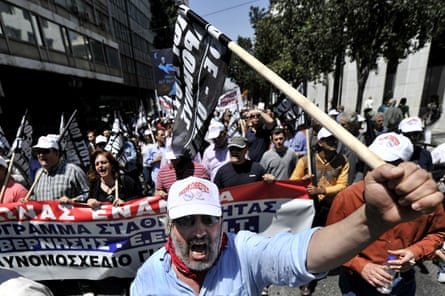
Whether Ellinikon is really a sign of an enduring Greek renaissance is hotly disputed. For many Greeks, not much has improved since the dark days of the debt crisis. Unemployment has fallen but wages and pensions have barely increased, inflation – especially in rents – has eroded living standards, and schools, hospitals and public transport have not recovered. The country is still seething over the lack of accountability for a head-on train collision two years ago that killed 57 people and exposed chronic safety failures, raising accusations of a political cover-up to evade responsibility.
This year’s 10th Delphi Economic Forum, a sort of annual Hellenic Davos in the home town of the ancient Greek oracle, was disrupted by a nationwide general strike over wages and public services that prevented many foreign delegates from arriving. Mitsotakis, whose approval rating has slumped, used the occasion to trumpet Greece’s healthy growth rate and take a dig at Germany, the most Scrooge-like of its creditors during the crisis.
after newsletter promotion
“We’re no longer the sick child of Europe. Our economy is outperforming most European countries. When I look at, for example, the reforms that the German government is currently announcing, lots of those reforms we have already implemented in Greece,” he told an interviewer in Delphi. Greeks remember only too well when they were caricatured as profligate, lazy crooks by German media, a depiction epitomised by a German magazine cover that featured the goddess Aphrodite giving the finger to Europe, with the caption: “Cheats in the euro family: is Greece robbing us?”
On the surface, Greece is generating a healthy primary budget surplus, and the credit-rating agency S&P has just upgraded its rating to BBB. After the strike, Mitsotakis found enough spare cash to announce a €1bn (£850m) support package for low-income pensioners, tenants and other vulnerable groups. Public support for the EU in Greece has also recovered from record lows during the debt crisis. Two-thirds of Greeks now say EU membership is good for their country.
But Greece’s boom is fuelled by real estate, tourism and shipping rather than a revival in manufacturing or innovation. “Once you scratch beneath the headline macroeconomic and fiscal data, there is darkness,” says Nick Malkoutzis, the editor and co-founder of the Greek economic website MacroPolis. “Mitsotakis runs a tight fiscal ship, but we can’t rely on tourism and real estate for ever.”
Underinvestment in forestry and emergency services means that Greece is particularly ill-prepared for climate-induced disasters such as the wildfires and floods that have become increasingly frequent, Malkoutzis says.
A handful of powerful, politically connected oligarchic families continues to dominate the economy, with highly concentrated media ownership. Corruption remains corrosive, while the country is near bottom of the table in the EU for press freedom and the rule of law.
So on closer inspection, the new Greece looks uncannily like the old Greece, with stronger public finances but enduring social and economic imbalances. They may well return to haunt a country where hubris is never far from nemesis.
-
Paul Taylor is a senior visiting fellow at the European Policy Centre

 6 hours ago
5
6 hours ago
5
